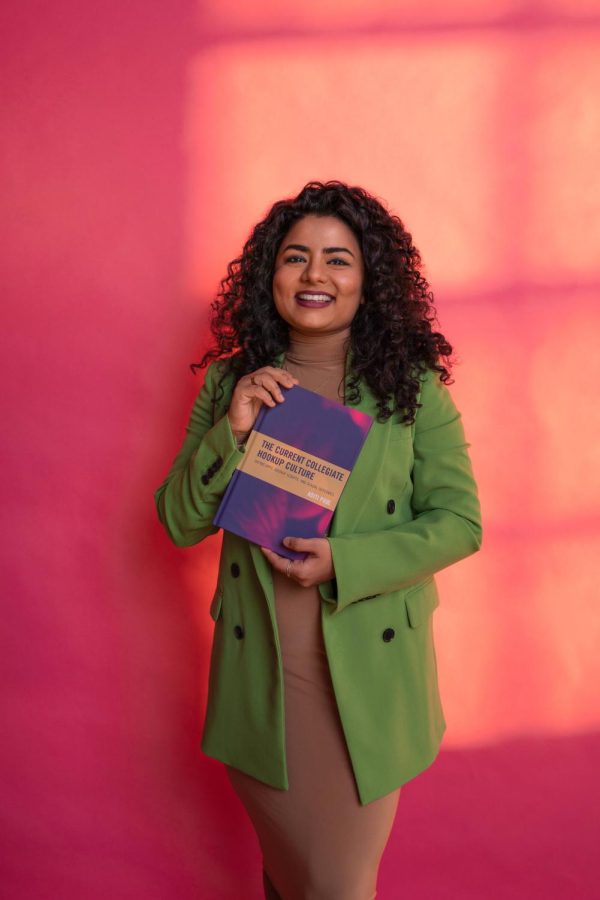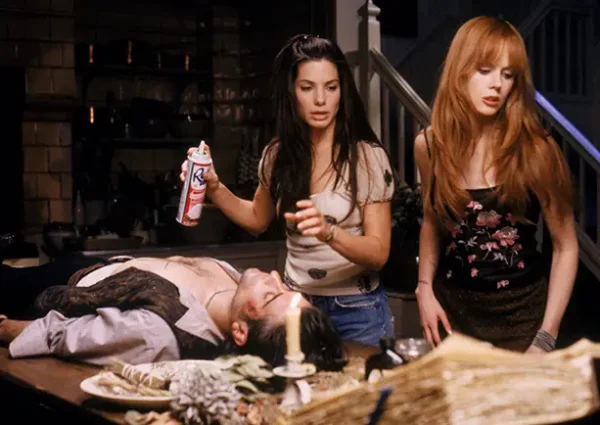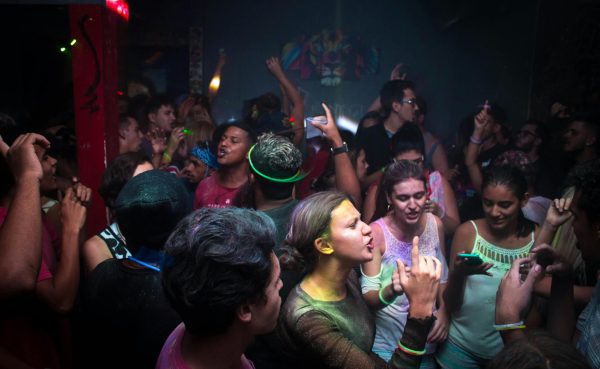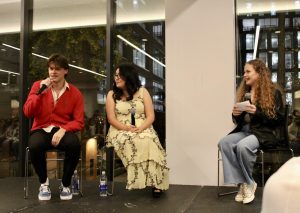Ask the expert: Dr. Aditi Paul knows more about your sex life than you do
May 10, 2022
In the classroom, the ideal student is poised and academically engaged. But if you’re anything like the average student, you’ve lost count of the number of times you’ve daydreamed your way through a one-and-a-half-hour lecture; combing through what you’ll eat when you get home, what’s next on your laundry list and agenda or what you’ll wear for your weekend plans. The life of a college student is precarious, filled with ups and downs, happiness, sadness, stress and, if you get lucky, sex to help you decompress.
The University’s very own Aditi Paul, Ph.D., Professor of Communication and Media Studies, published her first book, “The Current Collegiate Hook-up Culture: Dating Apps, Hookup Scripts, and Sexual Outcomes,” providing “a holistic picture of the present-day hookup culture in American college campuses,” according to her website. So if you’re wondering what the scientific average is of your one-night stand becoming more than just a fling, Dr. Paul’s book is the read for you, readily available to purchase on Amazon, Rowman & Littlefield, Barnes & Noble and Walmart.
Paul spent two months surveying a nationally representative sample of college students with different sexual orientations, asking what dating apps they use, their go-to pick-up innuendo and how the culmination of both contributes to the outcome of their sexual escapades. But the process wasn’t as cut-and-dry as it sounds, with several hoops to jump through before bathing in the glory of her first book.
After her first proposal of the book “got murked,” in January 2020, Paul completely restructured the book’s narrative and resubmitted it for final acceptance in March 2020. From April 2020 to March 2021, Paul underwent data collection, cleaning and analysis to finally write the book’s chapters’ from August 2020 to March 2021, “with a case of Covid derailing my plans in December 2020,” she wittingly shared. After revising her manuscript based on reviewers’ comments, Paul’s masterpiece finally went into production from August 2021 to December 2021 before getting published in January 2022, two years after the initial proposal.
When asked about her favorite experiences during the research process, she explained that the three that came to mind were also some of the most challenging and nerve-wracking: finalizing the survey, working with her co-author and “hitting that send button after the final edits. “Whoof!” she exhaled with a sigh of overwhelming content. “That feeling of being done done is unparalleled!”
As a professor of an undergraduate program, Paul has first-hand knowledge of college students’ academia, putting her in a uniquely qualified position to research college students’ intimate lives; being consciously aware of young adults’ attention spans and boundaries throughout her research process.
“Since I was trying to capture a holistic picture of what Gen Z hookups look like, I wanted to ask a hoard of questions to students. But students would’ve been fatigued if I gave them a 30-minute survey to complete! So I had to cut down a lot.”
Another notable experience for Paul was collaborating with Pace Alumna Lucy Dolcich, whom she had the opportunity to co-write a chapter with. Paul acknowledged that Dolcich is “an extremely conscientious person. I needed to make sure I was matching her work ethic. Working with her made me a better researcher and writer, honestly. You a G, Lucy!”
In a shocking turn of events, Paul was pleasantly surprised to learn that collegiate “hookups were so un-‘Euphoria’–like. Gen Z is hooking up in such a chill way!” she shared about a male respondent who stated:
“‘We spent the day on campus together grabbing food and talking! Then we returned to our dorm and talked outside for a while. After that, we watched a movie in my room and took a nap. Then, we hooked up.’”
“My dude took a whole nap during a hookup!” Paul humorously commented in her usual perceptive fashion.
Since her book was published in January, Paul has appeared on seven different podcasts to elaborate on her research findings including, “Slapped Jester,” “Luvbites by Dr. Tara” and “The Representation Project.” Research from her book has also been published and discussed in academic journals and reputable outlets like The Washington Post, Buzzfeed and Personality and Individual Differences. You can also check out her Google Scholars page to read a list of articles regarding the effects of social media, online dating and how virtual communication differs from in-person dating experiences.
In her podcast appearance on “Slapped Jester” with Mike Pesca, the two even spoke about her RateMyProfessor profile, in which students often rave about her, even making the hashtag #aditipaulforall.
Her episode with Pesca approached the overarching question of how dating apps are “helping students pave their way into the unknown world of sexual exploration,” Paul questioned in the episode.
“Tinder and Bumble haven’t been tied together in the traditional hookup culture that has been studied forever, and I really wanted to dig deeper into that question—that we have this prevalent hookup culture on college campuses and we have [these] new player[s]: Tinder, Bumble, Grindr and ten thousand apps that were invented yesterday. How are they transforming the hookup culture that’s already there?”
While many students at the University come from different cities and countries, all with their own definition of what it means to “hookup” with someone, Paul clarified the definition of “hookup” as it relates to the basis of her book: “Hookup is a sexual encounter between two people that could be friends, acquaintances or strangers, and they can have something sexual happening, but it doesn’t have to be full-blown sex. It can be making out, oral sex, anything, and it does not have any set expectation of a commitment. And this hookup, contrary to what people thought before, is not a one-time thing. This can happen multiple times.”
Essentially, Paul noticed dating leading to marriage is now mundane and antiquated with hookups being the segway to dating and the new status quo. She introduced an even broader discussion of women’s sexuality being put under scrutiny in the 21st century, much more so than the average male.
“There is still a significant stigma that women in the US and across the world have to face. There is no difference in the number of sexual partners that a man or a woman may have, but the way a woman expresses her sexual agency is still highly censored and still highly filtered,” Paul stated. “Just to make sure they are saving face, and they don’t have to suffer the pushback that society might give them because of their sexually liberal attitudes and behaviors.”
In her research, Paul found that “[t]he stigma appears not when things are okay, but when things go south. When the relationship goes sour, it’s women who face the brunt of things like revenge porn, and when condom negotiation comes in, it’s women who are victims of stealthing,” she argued.
Paul’s multidisciplinary expertise in computer science and communication studies spearheaded her intrigue in examining “the impact of using human-centered technologies like social networking sites and online dating services,” her website states, leading her to expose the rawest reality of collegiate sex experiences.
If you want to find out more about Paul’s research, or want an excuse to meet her, The Pace Press recommends purchasing her book or taking her foundational course at the University, Introduction to Communication, her intermediate course, Interpersonal Communication or one of her advanced classes like Technology and Communication or Communication Research Methods.












